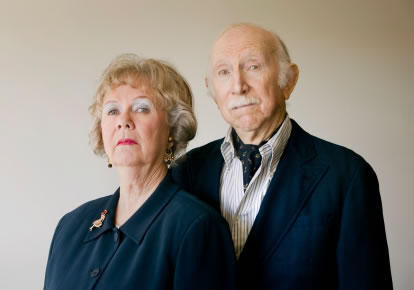
A sexual thought every seven seconds? That’s 8,000 thoughts a day! Flickr/Lara604
Each time you turn on the television after 10pm, eavesdrop on a group of men at your local pub, or drive past a billboard, you’re likely to encounter some stereotypes about masculinity and men’s sexuality.
We’re told that men’s minds are so immersed in thoughts of sex that it can become a full-time preoccupation. Think of James Bond’s sexual exploits, Cola Cola’s “bigger is better” campaign, and the folklore that men think about sex every seven seconds (which would amount to more than 8,000 thoughts about sex a day).
Let’s focus, first, on one setting where there are ample opportunities for sexual interactions and discussions about sex: university. According to a recent study from Ohio State University, young men think about sex 19 times per day. They also have other regular, needs-based thoughts about eating and sleeping.

Nick in exsilio
In contrast, the Kinsey Report, which examined the sexual behaviour of men aged under 60 years, found 54% think about sex every day or several times a day, 43% think about sex a few times a week or a few times a month, and 4% reported just one sexual thought, or less, a month.
Another study, from 1990, found 16- to 17-year-olds think about sex every five minutes. By age 40 to 49, this drops to a sexual thought every half an hour, and it keeps reducing with age.
There’s certainly no consensus among researchers about the frequency of men’s sexual thoughts. And little is known about the nature of these thoughts.
So, do men think about sex more often than women?
A handful of researchers argue there are no significant differences between the frequency of men’s and women’s erotic thoughts outside of sex. But most studies show that men think about sex more often than their female partners. This is used to support the statement that men have more powerful sex drives than women.
Studies have suggested testosterone contributes to men’s frequent preoccupation with sexual thoughts. In other words, because men have a higher level of testosterone than women, they have more frequent sexual fantasies and a stronger desire for sex.

heathzib
Men’s sexual fantasies tend to be more explicit than women’s. And interestingly, men are more likely to fantasise during masturbation (86% of the time) compared with women (69% of the time).
This difference has been attributed to men having greater opportunities – culturally and biologically – to experience sexual fantasies.
Why men think about sex
A multitude of factors could contribute to some men’s preoccupation with sexual thoughts, feelings and behaviour. A 2009 study by Reid and Carpenter, for example, found that factors such as emotional distress, discouragement, poor self-esteem, difficulties coping with stress, and self-doubt were associated with hyper-sexuality.
Psychologist Michael Bader suggests that sexual fantasies, and resulting sexual arousal, have more to do with unconscious problem solving [NSFW] than most of us realise.

dapito
But men’s preoccupation with sexual thoughts cannot be fully understood without considering the effects social media and constant internet access.
Young men are increasingly using Facebook to share pictures and stories about their sexual conquests. And the prospect of 24/7 access to pornography via mobile phones and laptops may prompt compulsive behaviour and excessive sexual thoughts.
More sex
There are other myths about the sexual character of men: they should aspire to be virile, “well-endowed” studs and always ready for sex. But most men are not “well-endowed”: the average penis size is not nine inches but, rather, between five and seven inches.
As for being ever-ready for sex, as men age, they have sex less frequently and, some may even need medication to help with erectile function.
So the question we need to ask is who benefits from the perpetuation of these myths? Perhaps Coca Cola or the sex industry. But certainly not men.
ᔥThis article was originally published at The Conversation.
Read the original article.







